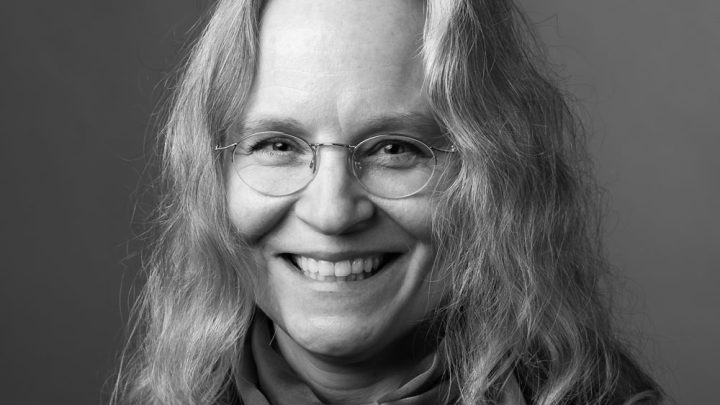Let’s support each other towards scientific breakthroughs
Elina Mainela-Arnold
yhteiskuntatieteellisen tiedekunnan dekaani, Dean of the Faculty of Social Sciences
logopedian professori, professor of Speech-Language Pathology
Vaikka suomen kieli onkin lähellä sydäntäni ja haluan vaalia sitä myös akateemisena kielenä, kirjoitan tämän blogin englanniksi kollegiaalisuuden osoittamiseksi kansainvälisille kollegoilleni.
It is with great interest that I have begun my term as the Dean of the Faculty of Social Sciences. To begin with, I would like to thank my predecessor professor Louis Clerc for excellent leadership during his three years of sailing the ship though stormy seas of Covid-19 pandemic, and more recently, the on-going university wide change negations. Dean Clerc’s term will be remembered by his approachable and warm friendly demeanor as well as down to earth communications with faculty, staff and students alike.
One of our doctoral candidates posed me an excellent question just before the term begun: “So what do you want to accomplish as the dean?” Well, I have already signed a lot of documents and decisions and I will be swinging the gavel in meetings. I will be accepting new students and signing diplomas. I will be preparing countless reports and self-evaluations. I will be called upon to reconcile various conflicts of interest. But in the end of the day, what do I want to accomplish above and beyond that?
If I may, I would like to present a lofty goal. I would like to nurture the spirit of collegiality across the Faculty. We are currently in the midst of change negotiations and my first two weeks in the office have contained meetings filled with worry and anxiety. We are asked to make changes that will lower expenditure and increase revenue. Arguably, the best way to do this is to increase external funding.
Scientist compete for limited resources not only when they seek external funding, but also when the ministry funding is allocated to universities, faculties and departments. Thus, our funding model relies on economic principles of behavior regulation to a great degree.
Unfortunately, competing for resources does not always guarantee results. Human behavior is determined by many factors above and beyond that. In fact, competition for resources may result in many negative behaviors, such as cheating, fabricating, back stabbing and poor job satisfaction. It can be a great antidote against collegiality. Collegiality is needed for a safe and trusting atmosphere necessary for long lasting collaborations required by interdisciplinary research of today.
Researchers in my home department of Psychology and Speech Language Pathology have had great success in securing external funding for interdisciplinary research during the past couple of years. Despite the funding model, we have (so far) managed to do this without a greater cost to collegiality. Our researchers often compete for the same grants, yet they support each other. We share bits of info and knowledge, and even equipment and space. This is what I would like to spread out from my own department.
Let’s remember that with trusting collaborations, what goes into my colleague’s pocket is not necessarily out of my pocket. It can benefit me too. Let’s also recognize and fight against the common bias in our thinking – we tend to attribute success to our internal features (our personal excellence) and failure to external circumstances (whatever the others did). Scientific breakthroughs happen in unexpected places and moments when the stars line up just right. Let’s respect and support each other so that we will get there together. Tuetaan toisiamme kohti tieteellisiä läpimurtoja!
